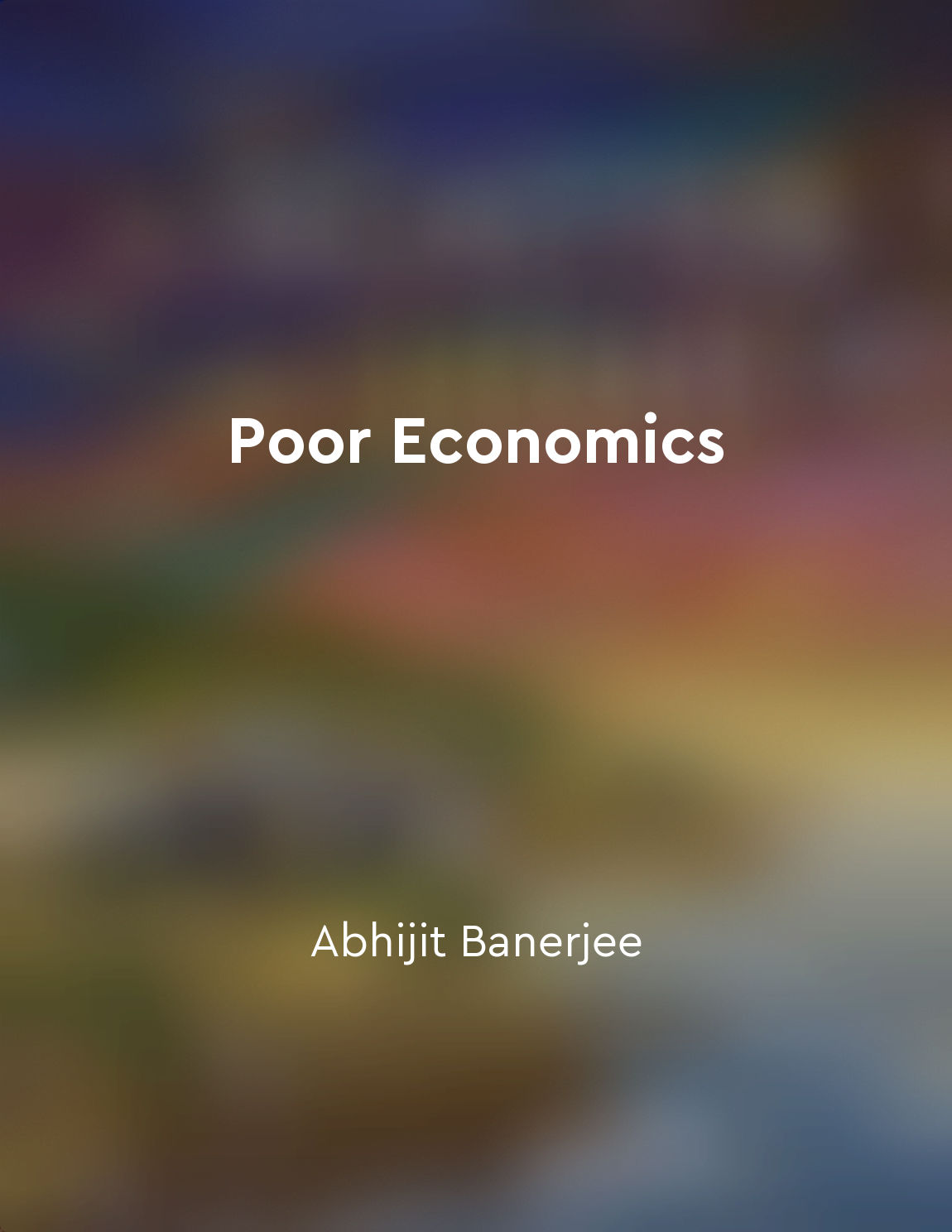Educational systems vary across societies from "summary" of Schools and Society: A Sociological Approach to Education by Jeanne H. Ballantine,Joan Z. Spade
The structure and organization of educational systems can vary significantly across different societies. This variation is influenced by a multitude of factors including cultural norms, economic conditions, political ideologies, and historical traditions. In some societies, education is highly centralized and standardized, with a uniform curriculum and strict regulations governing teaching methods and assessment practices. In contrast, other societies may have more decentralized education systems, with a greater emphasis on local control and flexibility in curriculum design. Additionally, the goals and priorities of education can differ widely from one society to another. Some societies place a strong emphasis on academic achievement and preparing students for higher education and professional careers. In these societies, education is often seen as a means of social mobility and economic success. Other societies may prioritize...Similar Posts
American teachers emphasize memorization
In American classrooms, there is a prevailing emphasis on memorization. This focus on rote learning can be observed in various ...
Imagined communities transcend boundaries
The notion of imagined communities suggests that nations are essentially constructed entities, bound together by shared beliefs...

Public services are inadequate
The state of public services in the industrial towns of the North is nothing short of scandalous. The lack of proper sanitation...
Philosophers and thinkers emerged to ponder the mysteries of existence and morality
In the ancient world, as civilization began to flourish and societies developed intricate structures, questions about the natur...

The lives of the poor are characterized by uncertainty
The poor live in a state of perpetual uncertainty. They face a multitude of risks every day, from health problems to job insecu...
No Child Left Behind Act had mixed results
The No Child Left Behind Act was a significant piece of education legislation that aimed to improve student achievement and clo...
Freire's concept of praxis
One of the central ideas that Freire explores in 'Pedagogy of the Oppressed' is the concept of praxis. Praxis is a term that re...
School funding affects educational quality
The amount of funding that schools receive plays a crucial role in shaping the quality of education that students receive. The ...
